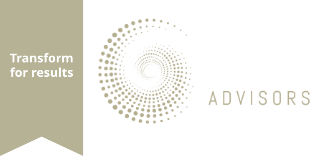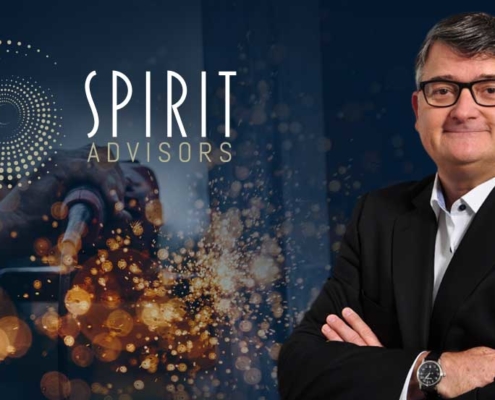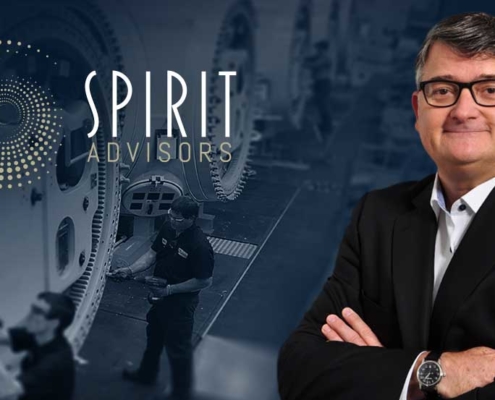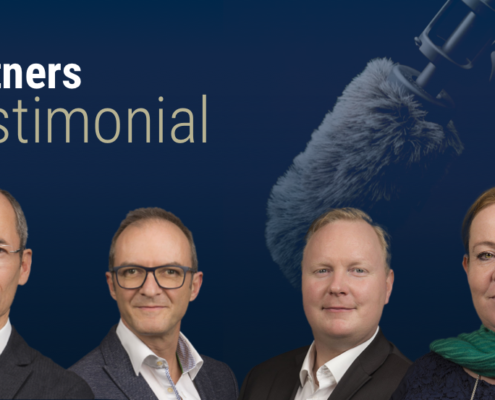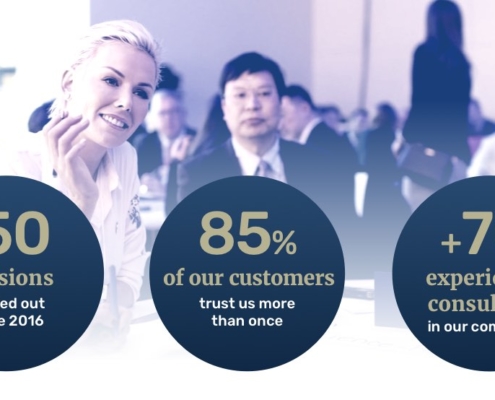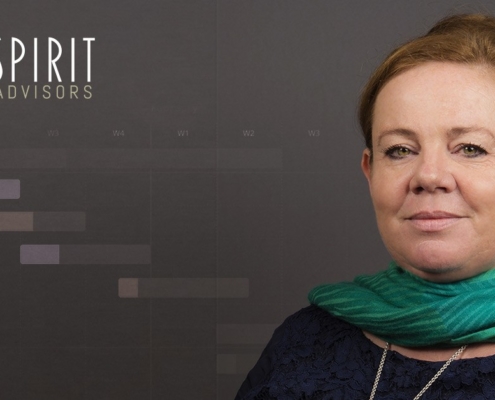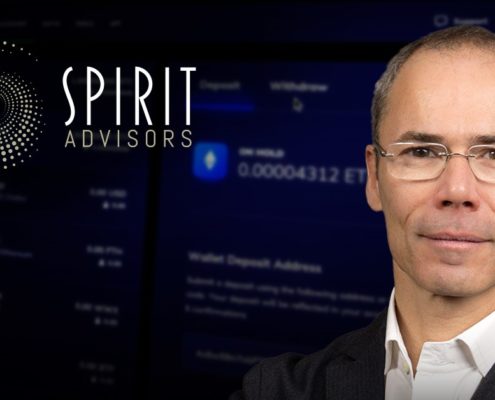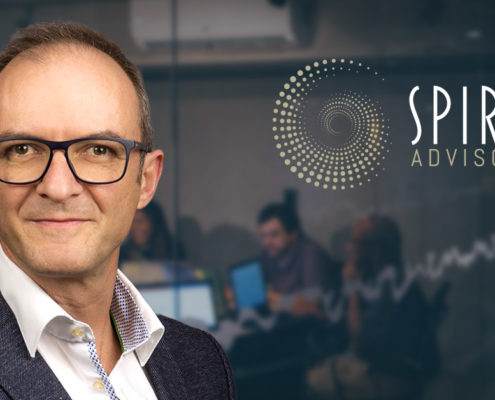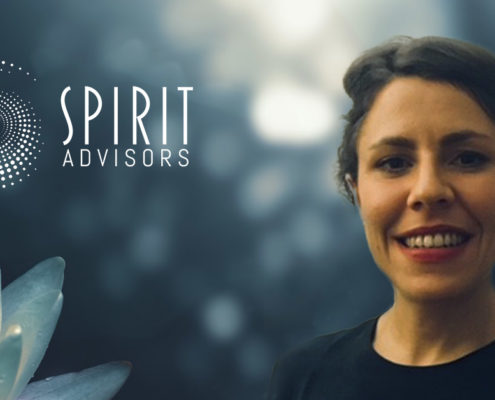The Zenith Project: A Driver of Human Transformation
A coastal factory specializing in the aeronautical industry launched the Zenith Project to accelerate the transformation of its organization. The site was also the scene of another transformation, much less expected … A real human transformation.
A coastal factory specialized in aerospace industry relied on the Zenith Project to boost its organizational transformation. Spirit Advisors consultants supported them in this endeavor. The project was a great success and the story could have ended there. But the factory site has been the stage of another, unexpected transformation… Here is what happened.
Initially, Thomas, Cécile and Ismaël, three of the factory’s workers, were admittedly defiant of the consultants dispatched on the Zenith Project. They remained influenced by the stereotypical image of the consultant as a self-asserting white-collar worker convinced that he knows better than the interested parties how to operate a factory.
Yet a close look reveals that nothing distinguishes Nicolas, David, Wald and Jacques from the factory workers they came to support. Here they are, at 7:00am, standing among the operators with their safety glasses solidly in place. Together, they discuss the complex fabrication process of engine vanes. In fact, one could hardly believe that this simple collaborative setup prefigures the large-scale transformation of a 500-worker factory.
This transformation has a name: the Zenith Project. Its objective is to boost the fabrication process and thereby sustain the infernal production rate imposed by an ever-increasing number of contracts. By contrast with the widespread perception of a crumbling secondary sector, there are still in France industrial jewels facing what could be described as rich person’s problems. This is precisely the case with this Norman factory.
InSpirit consultants know that proximity and field presence are key factors of success. Proximity helps building trust and trust is the necessary basis of any constructive dialogue. Only by initiating such dialogue can the consultants do justice to the solutions offered by the workers themselves with a view to transforming the factory – their factory. They are indeed the custodians of their work environment and their input is essential to the successful completion of the project. Such is at least the deeply held conviction of the consultants:
If you get people involved by asking: What do you think of the situation at your workstation? Necessarily, they become more receptive.
Thomas
Initial prejudices were quickly overcome. They gave way to a form of solidarity efficiently channeling the workers’ goodwill. The approach of Spirit consultants is neither dogmatic nor prescriptive. On the contrary, they listen to workers, probe their thoughts and strive to bring coherence into their suggestions. The resulting transformation plan was then field-tested on a specific part of the production process – “precasting”.
Conscious of being on board the same plane, factory operators and Spirit consultants put up a united front while waiting for the first results of their collective effort. Will the project deliver the expected productivity gains? Did the operators get it right? Were their solutions appropriate? Incoming results were beyond hopes:
We’ve successfully moved together toward a common goal, as one and the same team
Ismaël
But in the end, what is most remarkable about the project? These productivity gains and their impact on KPIs? The symbiosis of consultants and factory workers when celebrating together their first success? Or is it rather the extent to which collaborative work transformed all the parties involved?
For let there be no doubt. The men comprising the factory have been deeply changed by this experience. Their working habits and their interaction patterns are no longer the same. The top-down decision-making processes which formerly structured their interactions progressively gave way to more collaborative practices. Everywhere, workshops spontaneously arise where workers can freely exchange. All the relevant parties are now involved in the “co-construction” of “co-elaborated” solutions. It seems that workers finally took ownership of their work environment and succeeded in making sense of their function.
The consultants lifted the lid and we added our own ingredients to improve the recipe
Thomas
The last example to date? Supervisors wanted to delegate more tasks and workshop managers to endorse more responsibilities. Yet nothing had been decided up to that point. Their post descriptions and respective KPIs still had to be collectively determined under Wald’s guidance. Maintaining a field presence is and will always be the key to ensure the human transformation.
To everyone’s regret, however, the time eventually came when Spirit consultants had to leave the factory site. This marked the end of their physical presence, but their mission promises to have long-lasting consequences. As the course of daily operations attests, the workers of this Norman factory were deeply engrained with the “co-construction” mindset.
To be sure, this is something in which consultants would take pride, as it vindicates their belief that the key transformation in any project is human transformation.
